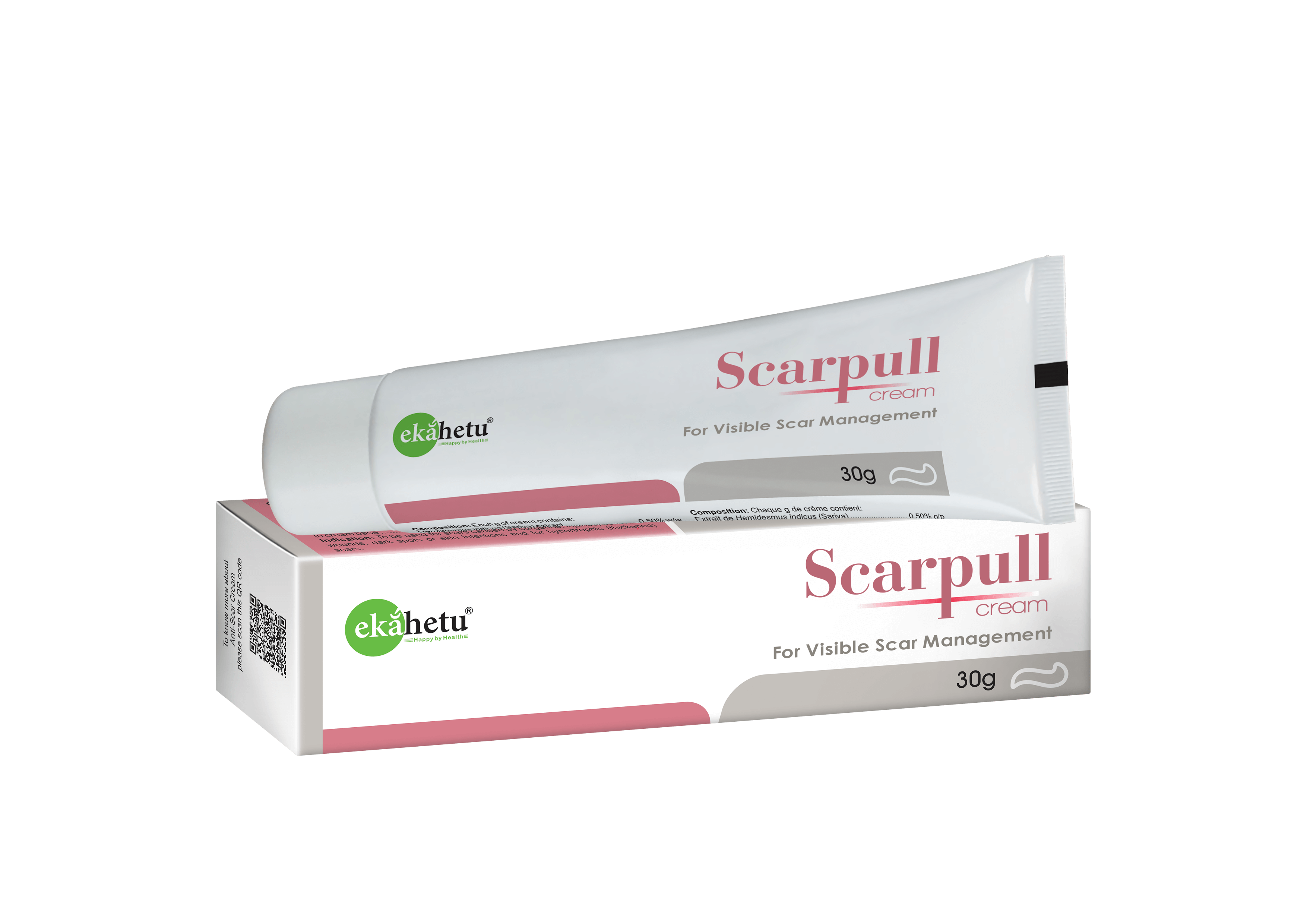Hemidesmus indicus (Sariva) Well known for its antioxidant and anti-inflammatory activity. The extract of H. indicus, which was formulated as topical was found to increase the rate of wound contraction and period of epithelization than the control and solvent groups. H. indicus possess marked wound healing activity and could play a promising role in the treatment of wounds especially chronic wounds and old scars.
Symplocos racemosa (Lodhra)A common indigenous drug, mentioned in Ayurvedic classics as a remedy for various human ailments including scar and wounds. It is also used in plasters and applied on wounds for promoting maturation of wounds. The extract of S. racemosa nourishes the skin apart from anti-bacterial action against acne and wrinkles as it act as a bactericidal agent.
Allium cepa (Onion)Onion extract has been found to have anti-inflammatory and antibacterial properties and regulate the formation of collagen. Phyto-compounds of onion combine to offer onion the unique ability to stimulate the healing processes of the skin. Researchers from Thailand’s Chulalongkorn University have confirmed that onions can significantly reduce skin scars. The researchers concluded that the onion-gel significantly decreased the incidence of hypertrophic scarring.
Acacia arabica (Babul)Babul (Acacia arabica) acts skin conditioning agent as well as an astringent and anti-bacterial. Quercetin, which is a bio-active component in the herb extract of A. arabica, stops the action of important scar formation enzymes like elastase which helps in diminishing scars.
Tocopheryl acetate (Vitamin E)Vitamin E is the major lipid-soluble antioxidant in the skin. Antioxidants scavenge free radicals and prevent their formation. Vitamin E also may stabilize lysosomal membranes. Vitamin E, or tocopherol, is a fat-soluble antioxidant. Vitamin E penetrate the skin and reduce the formation of
free radicals (which interfere with healing).
Retinyl palmitate (Vitamin A)Vitamin A is an essential nutrient that supports skin, eye, and reproductive health, and immune function. Retinol stimulates production of new skin cells. Without it, skin can become overly dry. According to research reported in
Clinical Interventions in Aging, a deficit of retinol can also cause follicular
hyperkeratosis, a condition marked by too much keratin in the hair follicles. This causes raised papules to form on skin.

